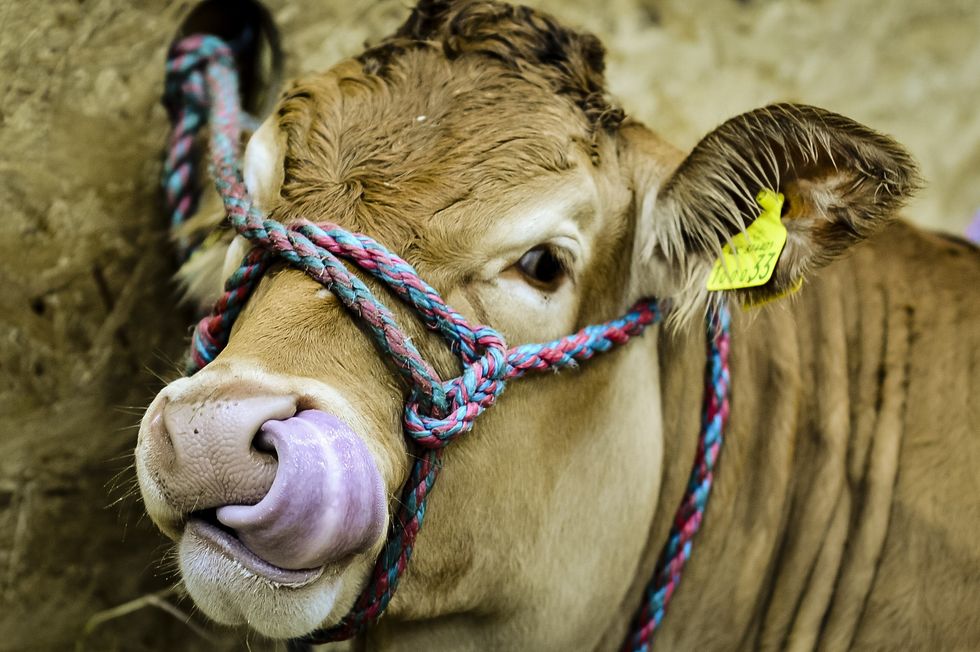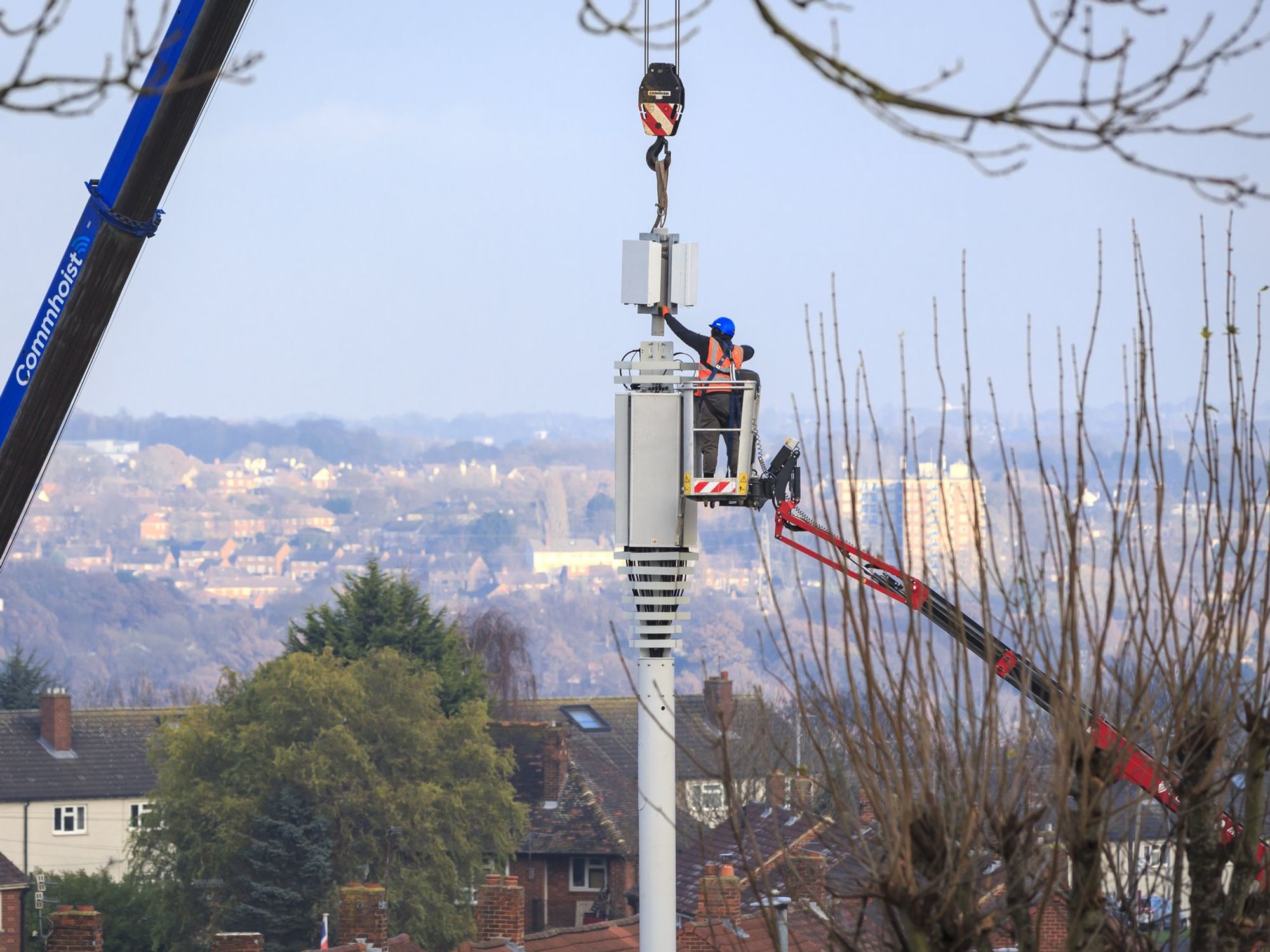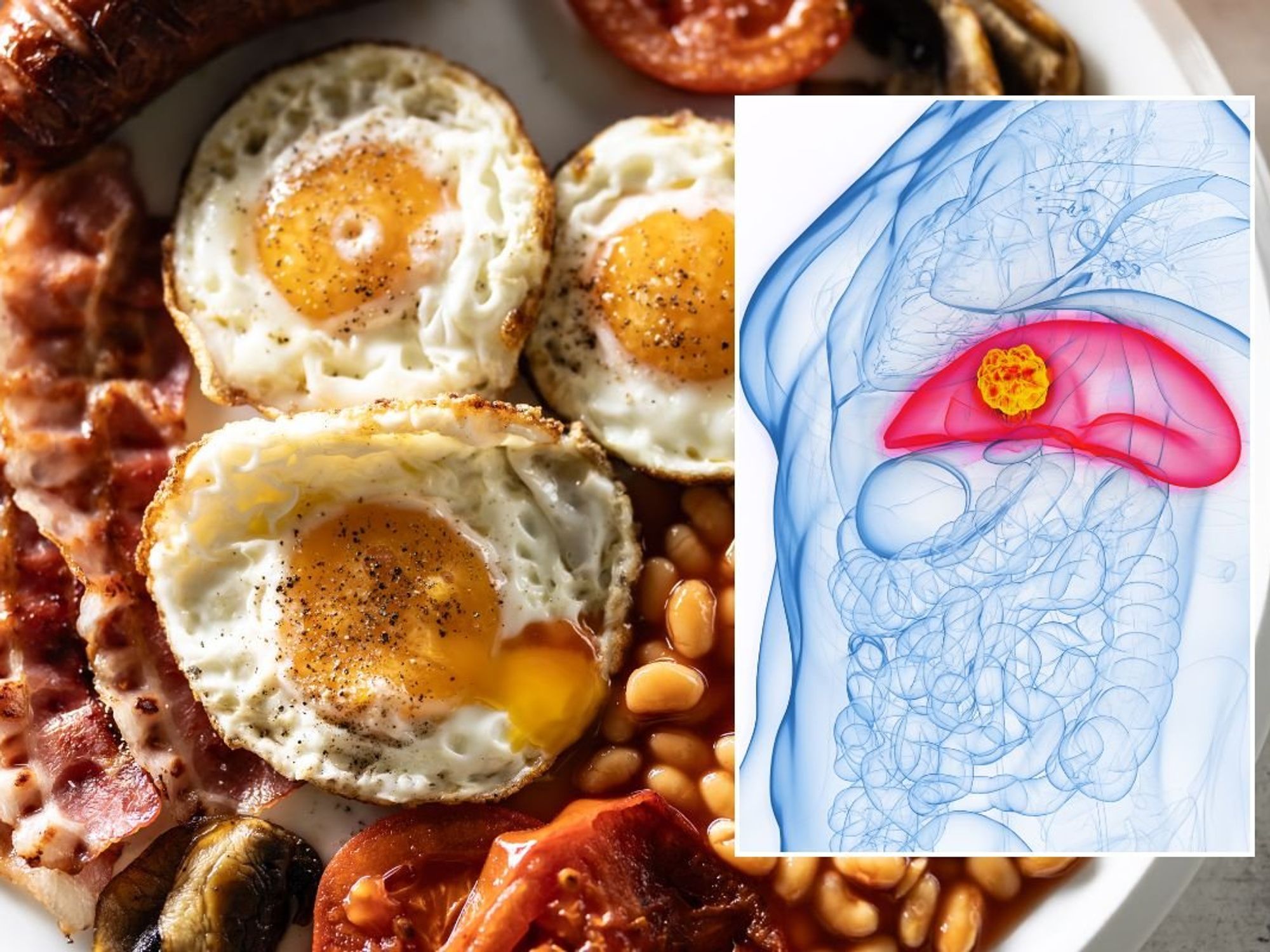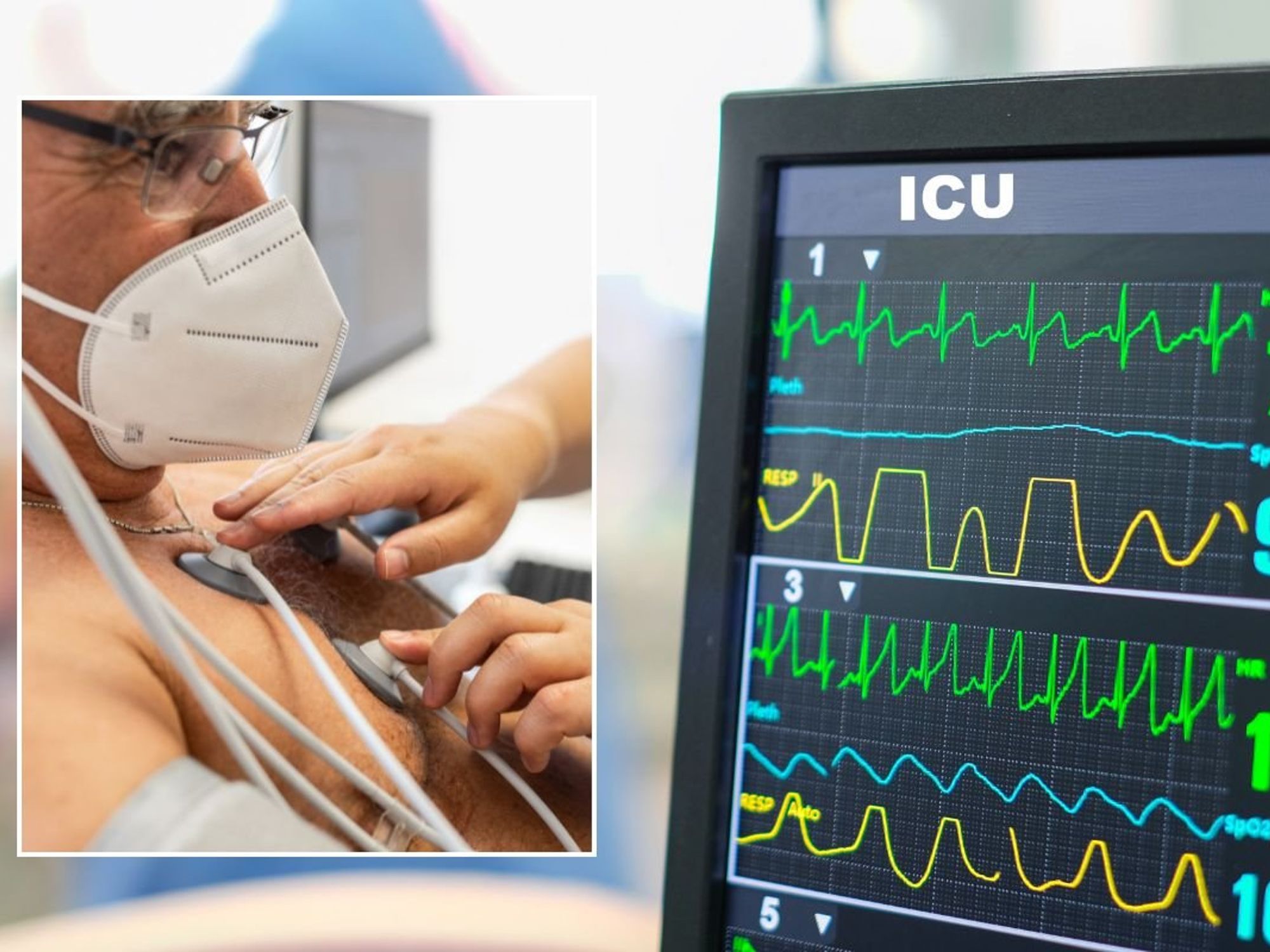Mad cow disease case leaves farm in lockdown as authorities take 'robust action' to contain outbreak

The case was detected as part of intensive BSE surveillance protocols
Don't Miss
Most Read
Latest
A case of atypical bovine spongiform encephalopathy (BSE), commonly known as mad cow disease, has been discovered on a farm in Dumfries and Galloway, Scotland.
The isolated case was identified through routine surveillance measures.
Agriculture Minister Jim Fairlie praised the animal's owner for their quick response, which enabled authorities to swiftly identify and contain the situation.
The case was detected as part of intensive BSE surveillance protocols, with officials confirming there is no risk to public health and the affected animal did not enter the human food chain.
Precautionary movement restrictions have been put in place at the farm, covering all animals that had been in contact with the affected cow.
"Following confirmation of a case of atypical BSE in Dumfries and Galloway, the Scottish Government and other agencies took swift and robust action to protect the agriculture sector," Agriculture Minister Jim Fairlie said.
He added: "The fact we identified this isolated case so quickly is proof that our surveillance system for detecting this type of disease is working effectively."
The owners of the affected animals are cooperating with authorities to determine the next steps.

A cow licks it's nose while relaxing in the cattle shed on day two at the Royal Cornwall Show
|PA
Chief Veterinary Officer Sheila Voas emphasised that the swift detection demonstrates the effectiveness of Scotland's surveillance system.
"We are working closely with the Animal and Plant Health Agency, and other partners to identify where the disease came from," she said.
Voas offered reassurance that this is an isolated case of atypical BSE, which is not transmissible and has no connection to contaminated feed.
She encouraged farmers with concerns to seek veterinary advice.
The case represents atypical BSE, which experts confirm is not known to pose any risk to public health.
Deputy Chief Executive of Food Standards Scotland, Ian McWatt, provided additional reassurance about consumer safety.
"There are strict controls in place to protect consumers from the risk of BSE and consumers can be reassured that these important protection measures remain in place," he stated.
McWatt confirmed that Food Standards Scotland Official Veterinarians and Meat Hygiene Inspectors will continue their work at all Scottish abattoirs.
He emphasised that BSE controls and consumer safety remain a priority.
Food Standards Scotland will continue to work closely with the Scottish Government, other agencies and industry partners throughout this situation.











